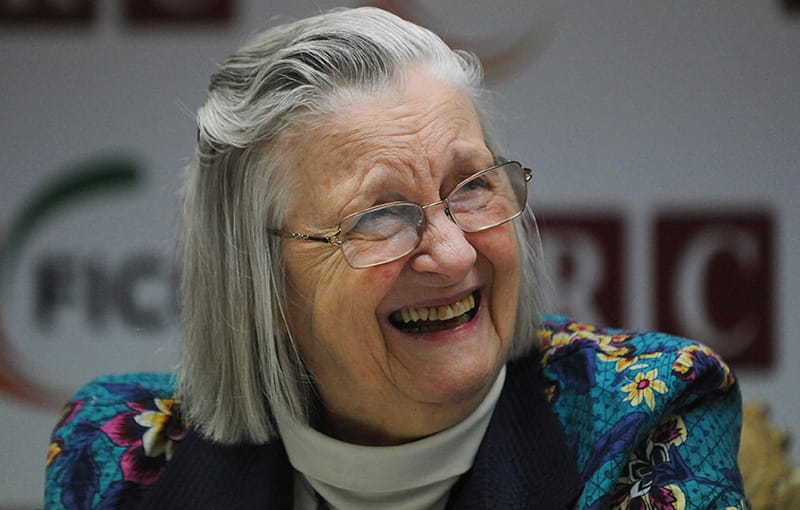Elinor Ostrom and the miracle of the commons

'The Tragedy of the Commons' is one of those terms that is often taken at face-value and assumed to be true. Humans, when left to their own devices, will consume and exploit everything they can until there is nothing left and they all die. The theory was devised by ecologist Garrett Hardin in 1968 and, in my experience anyway, is most often employed when moaning about littering.
Around the same time Hardin was writing that "ruin is the destination toward which all men rush", Elinor Ostrom, a political scientist, was seeing the opposite in her work. When faced with scarcity, humans devised systems of mutual benefit to manage those resources, subject to certain conditions.
The features of successful systems, Ostrom and her colleagues found, include clear boundaries (the 'community' doing the managing must be well-defined); reliable monitoring of the shared resource; a reasonable balance of costs and benefits for participants; a predictable process for the fast and fair resolution of conflicts; an escalating series of punishments for cheaters; and good relationships between the community and other layers of authority, from household heads to international institutions.
This feature on Ostrom goes into some detail on her work and case studies from the world of conservation. There's an emphasis on complexity and the unique and variable situations that she studies, and the struggle of scaling up to national and international levels, but above all there's a repudiation of the doom-laden Tragedy myth, which is nice to see.